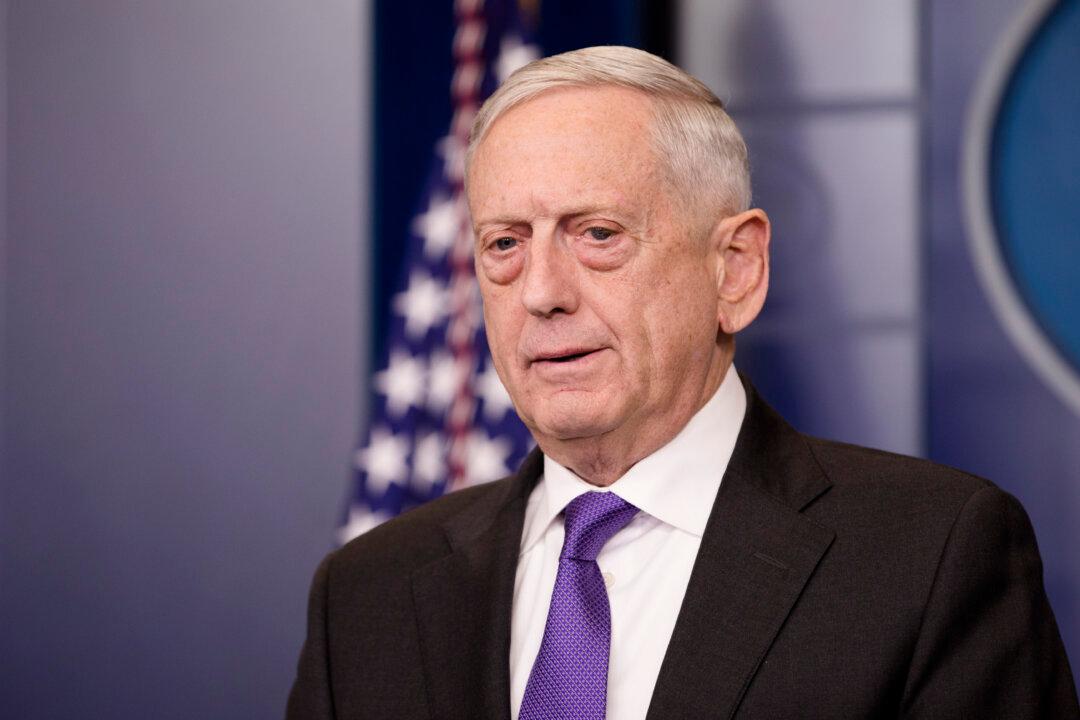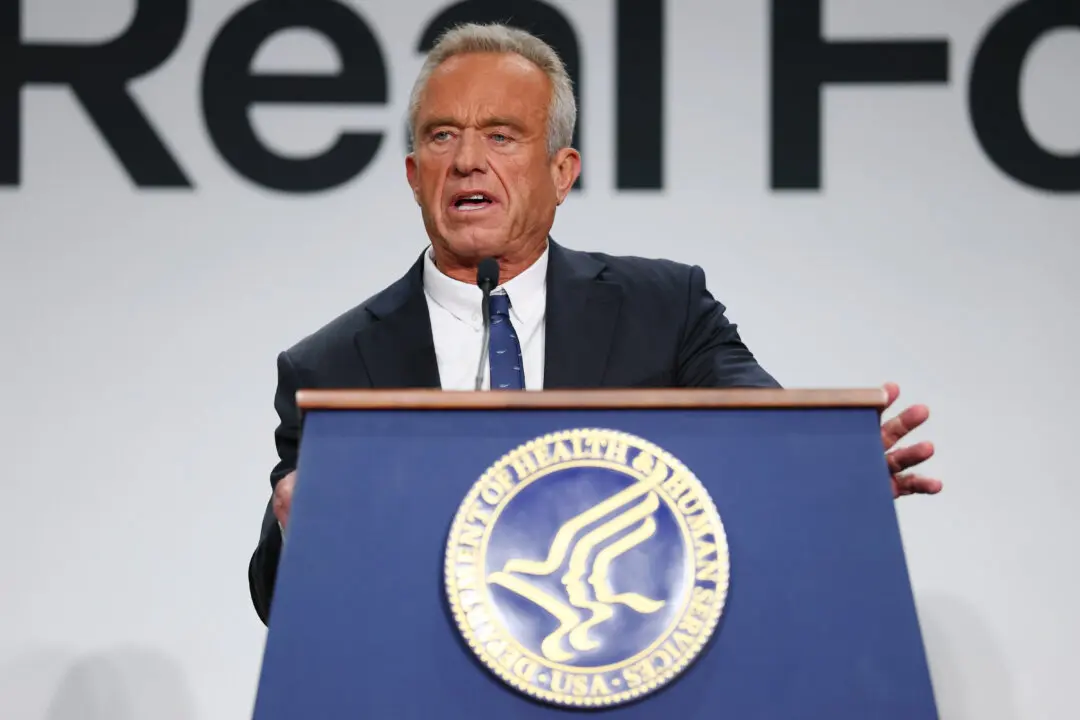Former Defense Secretary Jim Mattis said in a new book that the administration of then-President Barack Obama didn’t respond to an “act of war” from Iran because it wanted to see through the nuclear deal, which was signed in 2015.
Mattis said that when he took over U.S. Central Command in 2010, he knew Iran was the country’s most deadly adversary.





